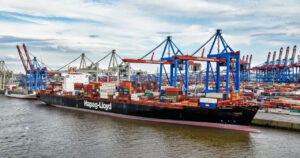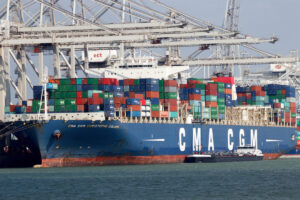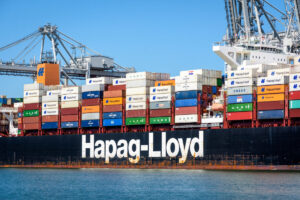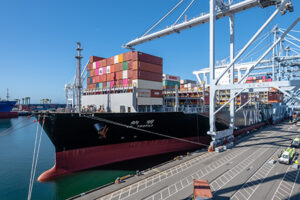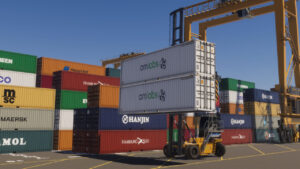The IMO has become the latest maritime stakeholder to suffer a major cyberattack after its IT systems were hacked.
In a social media update the governing body said its services were interrupted and that it is “working with UN IT and security experts to restore systems as soon as possible, identify the source of the attack further enhance security systems to prevent recurrence”.
As of 0900 on 2 October 2020, the IMO website was still offline and there is little indication as to when it will be functional again.

The news comes in the same week as container shipping line CMA CGM was also hacked. On 28 September the carrier confirmed that it was dealing with an attack on its periphery servers; it was forced to limit access to its eCommerce website to prevent the spread of the malware.
On 29 September the carrier confirmed its servers were fully functional again.
Cyberattacks are one of the biggest threats to the maritime industry and carriers and ports are permanently at risk, along with all heavy industry and sectors that rely on large amounts of data and smooth connectivity.
The number of data points in the maritime chain – vessel navigation, cargo handling, container tracking systems on shore and at sea, automated processing, etc – make maritime particularly vulnerable.
Consequently, many ports and shippers are investing substantially in AI-enabled cybersecurity that can predict attacks and stop others from spreading to safeguard their operations.
This will only increase as more smart technology is utilised and more look to automation to meet demand.


